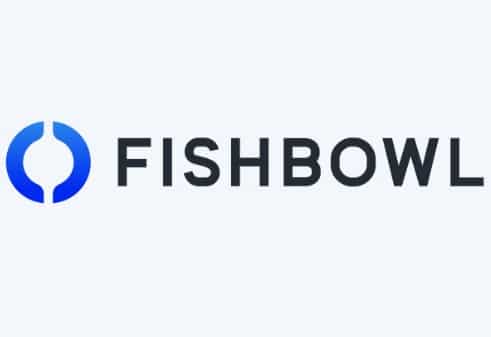In the dynamic landscape of business management, efficiency and accuracy are paramount. One innovative solution that has been gaining traction in recent years is Fishbowl ERP. ERP, or Enterprise Resource Planning, is a comprehensive software suite designed to streamline various business processes. Fishbowl ERP stands out among its counterparts, offering a range of features that cater to the diverse needs of modern enterprises.
Key Features of Fishbowl ERP

At the core of Fishbowl ERP are its key features, which include robust inventory management, efficient order processing, and advanced manufacturing capabilities. This combination provides businesses with a holistic solution to manage their resources effectively. The intuitive interface of Fishbowl ERP makes it user-friendly, even for those new to systems.
Advantages of Using Fishbowl ERP
The adoption of Fishbowl ERP brings numerous advantages to businesses. Firstly, it significantly enhances operational efficiency by automating repetitive tasks and providing real-time insights into various processes. The increased accuracy in data management minimizes errors, leading to more reliable decision-making. Moreover, ERP is known for its cost-effectiveness, making it an attractive option for businesses of all sizes.
Implementation Process
Implementing Fishbowl ERP involves a well-structured process. The planning phase is crucial, where businesses assess their specific needs and tailor the ERP system accordingly. The installation and configuration phase require expert guidance, ensuring a seamless integration into the existing infrastructure. Employee training is the final step, empowering the workforce to leverage the full potential of ERP.
Case Studies: Successful Implementations
Real-world examples underscore the effectiveness of Fishbowl. Businesses from various industries have experienced transformative improvements in their operations after implementing ERP. These success stories serve as inspiration and practical insights for organizations considering this ERP solution.
Common Challenges in Implementing Fishbowl ERP
While Fishbowl ERP offers a plethora of benefits, challenges may arise during the implementation process. Integration issues with existing systems, resistance from employees accustomed to traditional methods, and customization challenges are common hurdles. Recognizing and addressing these challenges is crucial for a smooth transition to Fishbowl.
Tips for a Smooth Implementation
To ensure a successful implementation, businesses should focus on comprehensive planning, involving employees in the process, and regularly evaluating and adjusting the system. These proactive measures contribute to a smoother transition and faster adaptation to Fishbowl ERP.
Fishbowl ERP vs. Other ERP Systems
Comparing Fishbowl to other ERP systems reveals its unique advantages. From a user-friendly interface to tailored features that cater to specific business needs, Fishbowl stands out in the competitive landscape. Understanding these distinctions helps businesses make informed decisions when selecting an ERP solution.
Future Trends in ERP Systems
The future of ERP systems is marked by trends such as cloud-based solutions, artificial intelligence integration, and increased mobile accessibility. ERP is at the forefront of embracing these trends, ensuring that businesses stay ahead of the curve in an ever-evolving technological landscape.
User Testimonials
Positive feedback from businesses using Fishbowl further validates its effectiveness. Testimonials highlight the seamless integration, improved efficiency, and overall positive impact on day-to-day operations. Hearing firsthand experiences from peers provides valuable insights for potential users.
Cost Considerations
While considering ERP, businesses must evaluate the pricing models and the long-term return on investment (ROI). Understanding the costs involved and the potential benefits ensures that the decision to adopt Fishbowl aligns with the budget and goals of the organization.
Security Measures in Fishbowl ERP
Data security is a top priority for businesses, and ERP addresses this concern with robust security measures. From encryption protocols to compliance with industry standards, Fishbowl provides a secure environment for sensitive business data.
How Fishbowl ERP Adapts to Business Growth
Scalability is a critical factor for growing businesses. Fishbowl is designed to adapt seamlessly to business growth, accommodating increased data loads and expanding requirements. This scalability ensures that ERP remains a valuable asset as businesses evolve.
Industry-specific Customizations
Fishbowl ERP’s flexibility allows for industry-specific customizations. Tailoring the system to meet the unique needs of various industries enhances its applicability and makes it a versatile solution for businesses across different sectors.
Conclusion
In conclusion, Fishbowl emerges as a game-changer in the realm of Enterprise Resource Planning. Its user-friendly interface, comprehensive features, and adaptability to industry-specific needs position it as a top choice for businesses seeking to enhance their operational efficiency. As technology continues to advance, embracing ERP systems like becomes not just a choice but a strategic necessity for sustainable growth.